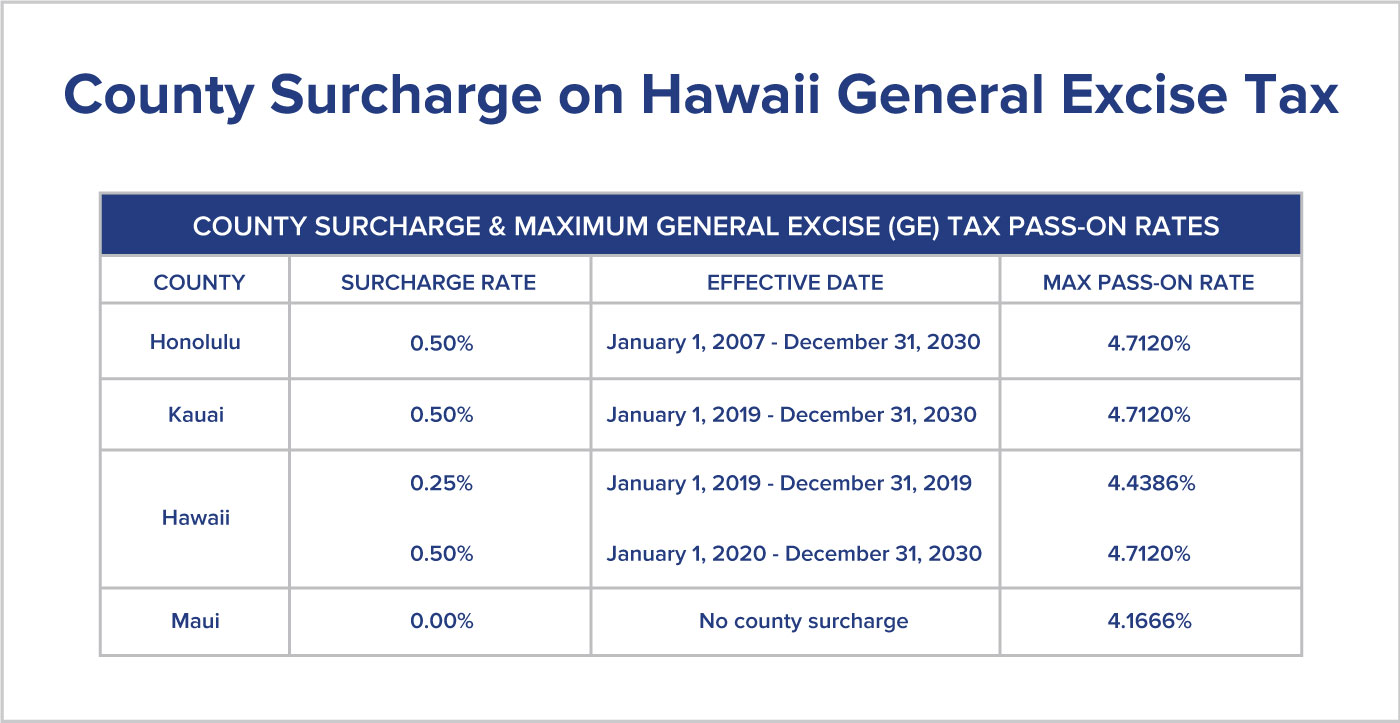

Finance
Which Credit Bureau Does Amazon Use
Published: March 3, 2024
Find out which credit bureau Amazon uses to check your credit score. Understand the impact on your finances and credit history. Gain insights on credit bureau usage in finance.
(Many of the links in this article redirect to a specific reviewed product. Your purchase of these products through affiliate links helps to generate commission for LiveWell, at no extra cost. Learn more)
Table of Contents
Introduction
The Role of Credit Bureaus in Financial Transactions
When it comes to financial transactions, credit bureaus play a pivotal role in evaluating an individual’s creditworthiness. These agencies collect and maintain vast amounts of data related to consumers’ credit activities, including their borrowing and repayment history, and distill this information into credit reports. These reports are then utilized by lenders, such as banks and credit card companies, to assess the risk associated with extending credit to a particular individual.
Understanding the significance of credit bureaus and the impact of their data on financial decisions is crucial for individuals seeking to manage their credit effectively. Moreover, as the digital economy continues to expand, various online platforms and e-commerce giants have also incorporated credit checks into their processes to mitigate financial risks.
In this article, we will delve into the importance of credit bureaus, explore Amazon’s utilization of credit bureau data, and provide insights into how individuals can access and review their credit reports to ensure accuracy and maintain healthy credit profiles.
The Significance of Credit Bureaus in Financial Transactions
Credit bureaus play a critical role in the modern financial landscape, influencing a wide array of transactions and decisions. Their primary function revolves around the collection, organization, and dissemination of consumer credit information, which is instrumental in determining individuals’ creditworthiness. Here’s a closer look at the key aspects that underscore the importance of credit bureaus:
- Evaluation of Creditworthiness: Credit bureaus compile detailed credit reports for individuals, encompassing their borrowing history, repayment patterns, outstanding debts, and credit utilization. Lenders rely on these reports to gauge the level of risk associated with extending credit to a particular individual. This evaluation is pivotal in determining the terms of loans, credit limits, and interest rates.
- Facilitation of Financial Transactions: By providing comprehensive credit information, credit bureaus enable smoother and more informed financial transactions. Whether it’s applying for a mortgage, securing an auto loan, or obtaining a credit card, the data furnished by credit bureaus forms the basis for lenders’ decisions, streamlining the borrowing and lending process.
- Consumer Empowerment: Credit reports not only serve the interests of lenders but also empower consumers to monitor and manage their credit health. By accessing their credit reports, individuals can identify inaccuracies, rectify errors, and take proactive measures to enhance their credit scores, thereby fostering financial stability and access to favorable credit terms.
- Impact on Employment and Housing: Beyond lending decisions, credit reports wield influence in realms such as employment and housing. Prospective employers and landlords often scrutinize credit reports to assess an individual’s financial responsibility and integrity, thereby influencing hiring and rental decisions.
Given the pervasive impact of credit bureaus on financial activities, maintaining accurate and favorable credit profiles assumes paramount importance. The next section will shed light on Amazon’s reliance on credit bureau data and its implications for consumers.
Amazon’s Utilization of Credit Bureau Data
As one of the world’s largest e-commerce platforms, Amazon incorporates credit checks into certain aspects of its operations, particularly in relation to its co-branded credit cards and financing options for purchases. When customers apply for an Amazon Rewards Visa Signature Card or an Amazon Store Card, the company typically evaluates their creditworthiness by accessing their credit reports from one or more major credit bureaus.
Amazon’s reliance on credit bureau data is driven by the need to assess the risk associated with extending credit to customers and to tailor credit offers based on individuals’ credit profiles. By leveraging the information gleaned from credit reports, Amazon can determine credit limits, interest rates, and promotional financing terms for qualifying customers. This practice aligns with the broader industry standards for credit card underwriting and risk management.
Moreover, Amazon’s use of credit bureau data underscores the significance of maintaining a healthy credit history, as it directly influences customers’ eligibility for Amazon-branded credit products and the terms they receive. Individuals with strong credit profiles are more likely to qualify for higher credit limits, lower interest rates, and promotional financing offers, enhancing their purchasing power and cost savings when shopping on Amazon.
It’s important for consumers to recognize that when they apply for Amazon credit products, the company may access their credit reports from one or more of the major credit bureaus, including Equifax, Experian, and TransUnion. This underscores the need for individuals to regularly monitor their credit reports, address any inaccuracies, and take proactive steps to bolster their creditworthiness, thereby increasing their chances of securing favorable credit terms from Amazon and other lenders.
Understanding Amazon’s reliance on credit bureau data provides valuable insights for consumers, highlighting the interconnected nature of credit information and its impact on purchasing opportunities in the digital realm. The subsequent section will elucidate the process of checking one’s credit report and the significance of doing so regularly.
How to Check Your Credit Report
Regularly reviewing your credit report is a fundamental aspect of maintaining financial well-being and safeguarding against inaccuracies that could potentially impact your creditworthiness. Fortunately, accessing your credit report is a straightforward process, and there are several avenues through which you can obtain this vital information:
- AnnualCreditReport.com: By federal law, you are entitled to receive a free credit report from each of the three major credit bureaus—Equifax, Experian, and TransUnion—once every 12 months. AnnualCreditReport.com serves as the centralized platform for requesting these reports, enabling you to monitor your credit status and identify any discrepancies across the different bureaus’ records.
- Credit Monitoring Services: Numerous financial institutions and third-party services offer credit monitoring tools that provide ongoing access to your credit report and score. These services often include features such as credit alerts, identity theft protection, and personalized insights to help you track changes in your credit profile and respond to potential issues promptly.
- Directly from Credit Bureaus: Each credit bureau allows individuals to request and purchase their credit reports directly from their respective websites. This option is beneficial for those who have already utilized their free annual reports or require immediate access to their credit information for specific financial endeavors.
Once you obtain your credit report, it’s essential to review it meticulously to ensure the accuracy of the information. Pay close attention to details such as account balances, payment history, credit inquiries, and personal information. Any discrepancies or unfamiliar entries should be addressed promptly to rectify errors and maintain the integrity of your credit profile.
Regularly monitoring your credit report not only enables you to identify and rectify inaccuracies but also empowers you to track your credit utilization, detect potential fraud or identity theft, and gauge your overall credit health. By staying informed about the contents of your credit report, you can take proactive steps to strengthen your creditworthiness and enhance your financial standing.
As the digital economy continues to evolve, the impact of credit bureau data on financial opportunities and transactions remains pronounced. By actively engaging with your credit report and understanding its implications, you can navigate the credit landscape with confidence and make informed decisions to support your financial goals.
In Conclusion
Understanding the pivotal role of credit bureaus in shaping financial transactions and opportunities is essential for individuals navigating the modern credit landscape. The significance of credit bureau data extends beyond lending decisions, influencing aspects such as employment, housing, and purchasing opportunities with prominent online retailers like Amazon.
Amazon’s utilization of credit bureau data underscores the interconnected nature of credit information and its impact on consumers’ access to credit products and favorable terms. By leveraging credit reports from major bureaus, Amazon assesses the creditworthiness of customers applying for its co-branded credit cards and financing options, highlighting the importance of maintaining a healthy credit history for enhanced purchasing power and cost savings.
Regularly checking your credit report is a fundamental step in proactively managing your credit health and safeguarding against inaccuracies that could compromise your financial standing. Whether through the centralized platform of AnnualCreditReport.com or credit monitoring services provided by financial institutions, accessing your credit report empowers you to monitor your credit status, detect potential issues, and take proactive measures to strengthen your creditworthiness.
As the digital economy continues to evolve, the influence of credit bureau data on financial opportunities and decisions remains paramount. By staying informed about your credit report and the broader implications of credit bureau data, you can navigate the credit landscape with confidence, make informed financial decisions, and cultivate a healthy credit profile that opens doors to a myriad of opportunities.
Ultimately, recognizing the role of credit bureaus and actively engaging with your credit report empowers you to take control of your financial well-being, enhance your creditworthiness, and seize the opportunities that arise in the dynamic realm of personal finance.














